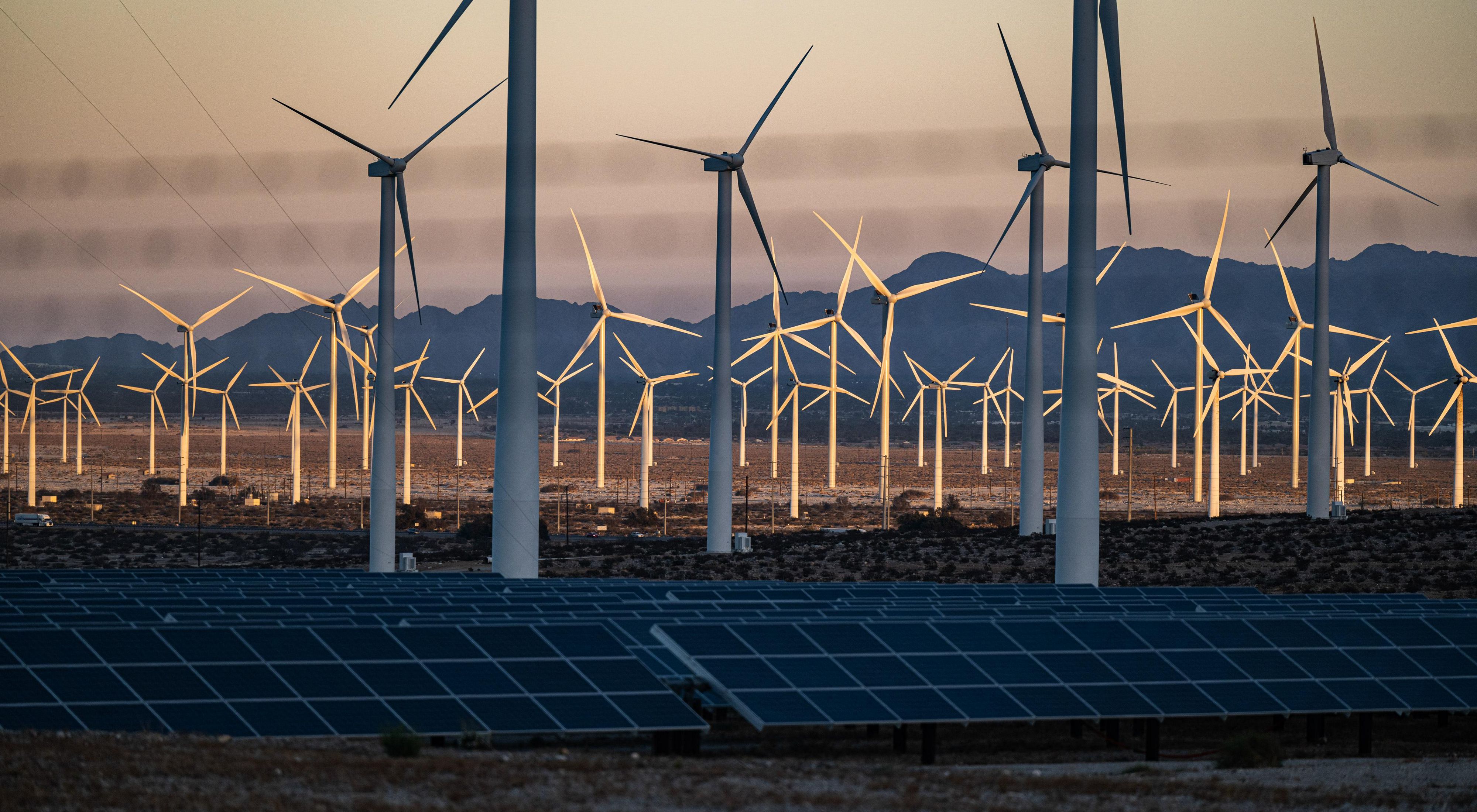Permitting Reform Legislation is an Opportunity Missed
The Nature Conservancy urges Congress to advance policies that accelerate clean energy deployment while protecting communities and natural resources.
Media Contacts
-
Randy Edwards
The Nature Conservancy
Phone: 703-407-9316
Email: redwards@tnc.org
The following is a statement by Darci Vetter, Global Head of Policy and Government Relations for The Nature Conservancy, after congressional leadership released proposed federal energy permitting reform language as part of a spending resolution needed to keep the federal government operating:
“We appreciate the attention to needed reform of the process for permitting new clean energy projects, but this legislation misses a critical opportunity to include necessary incentives for improved environmental review, siting and community engagement.
“While the proposal released yesterday would shorten review timelines for some energy projects and streamline approval of critical electricity transmission projects, it is missing important steps to ensure balanced review and durable outcomes. We can do better, and it’s important that Congress gets this right, because there’s never been a greater opportunity for expanding the use of clean energy in the United States. The landmark infrastructure and climate bills approved over the past year provide the incentives and investments we need to speed the transition to a clean energy economy. Moving quickly on clean energy is needed. But, more is needed in the bill to ensure clean energy projects are sited to avoid conflicts with nature and take community concerns into account. Both of which are essential for an accelerated and sustainable clean energy transition.
“Improving permitting efficiencies cannot come at the expense of communities or our natural resources. We support reforms that maintain or enhance public involvement, protecting the voices of communities, especially those that have borne the brunt of energy development in the past. And we must preserve the ability of the National Environmental Policy Act and other bedrock environmental laws to do what Congress intended: ensure communities have a voice in the process and minimize the effects on our natural resources.
“We can avoid conflicts and accelerate project delivery if we consider from the outset impacts to important habitat and biodiversity and the needs of our most vulnerable communities.
“We urge Congress to work in a bipartisan fashion to find solutions that benefit people and nature alike.”
The Nature Conservancy is a global conservation organization dedicated to conserving the lands and waters on which all life depends. Guided by science, we create innovative, on-the-ground solutions to our world’s toughest challenges so that nature and people can thrive together. We are tackling climate change, conserving lands, waters and oceans at an unprecedented scale, providing food and water sustainably and helping make cities more sustainable. The Nature Conservancy is working to make a lasting difference around the world in 77 countries and territories (41 by direct conservation impact and 36 through partners) through a collaborative approach that engages local communities, governments, the private sector, and other partners. To learn more, visit nature.org or follow @nature_press on X.



